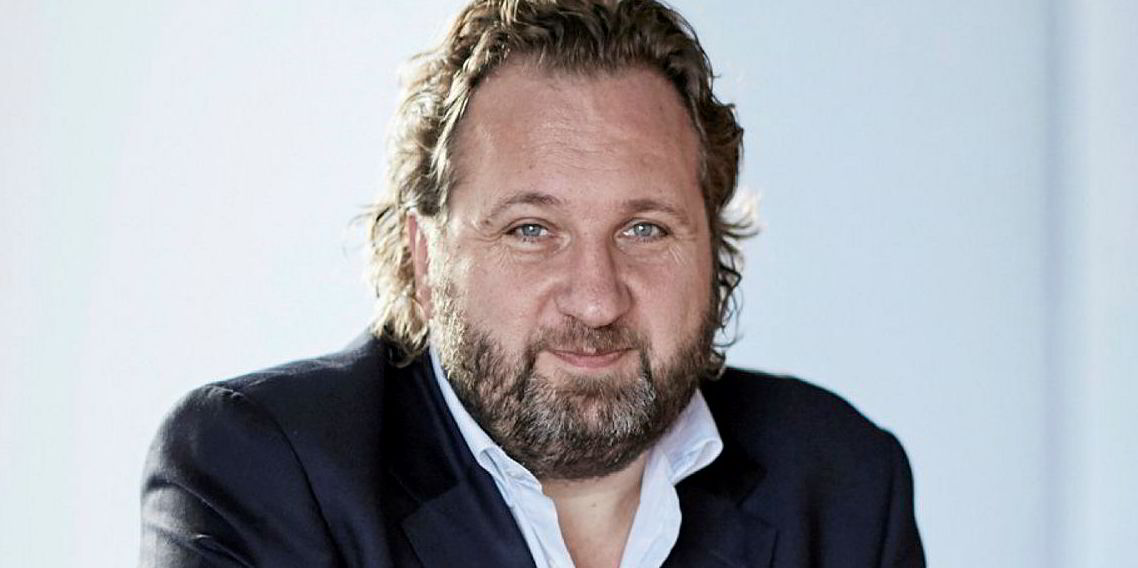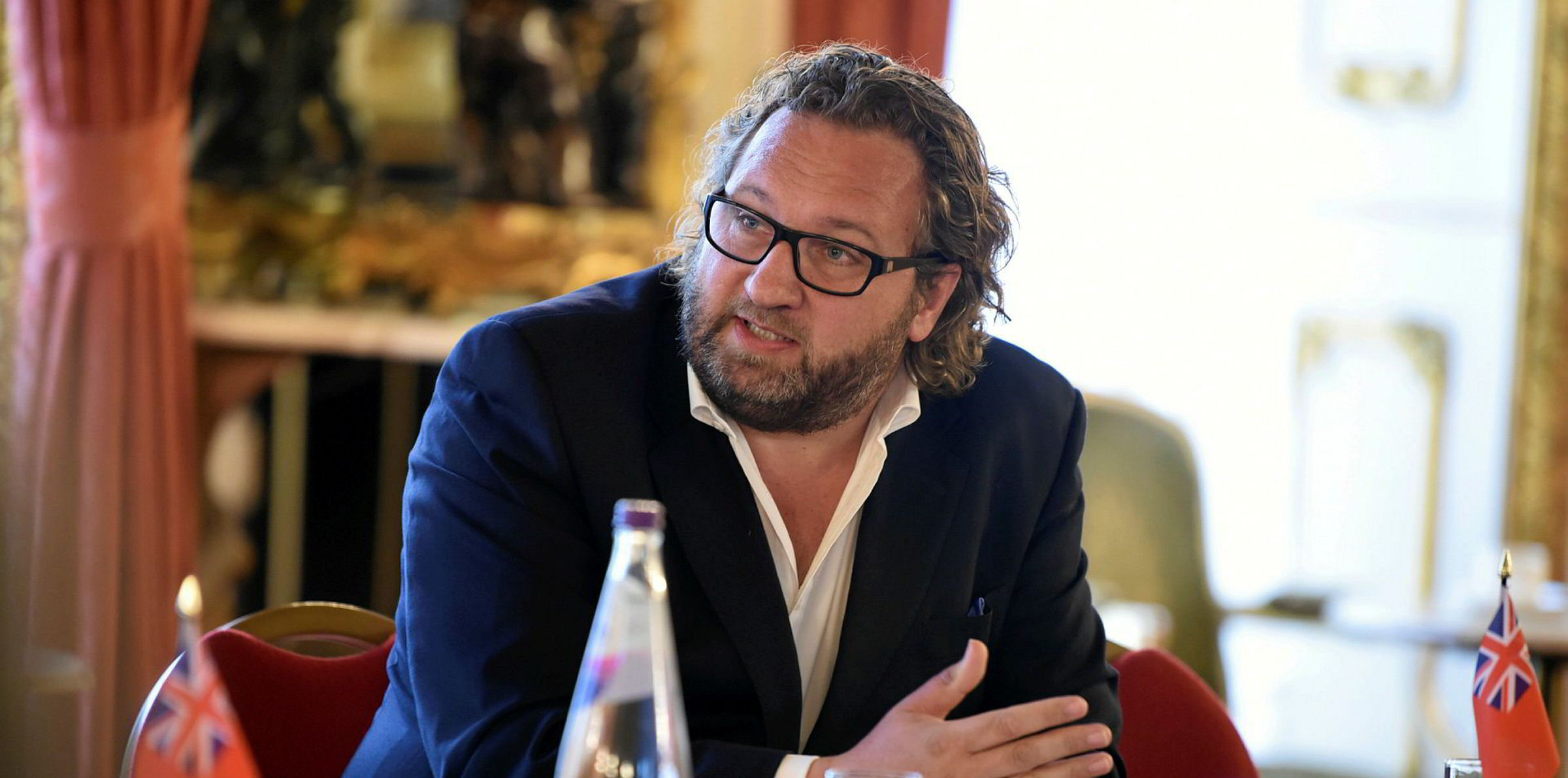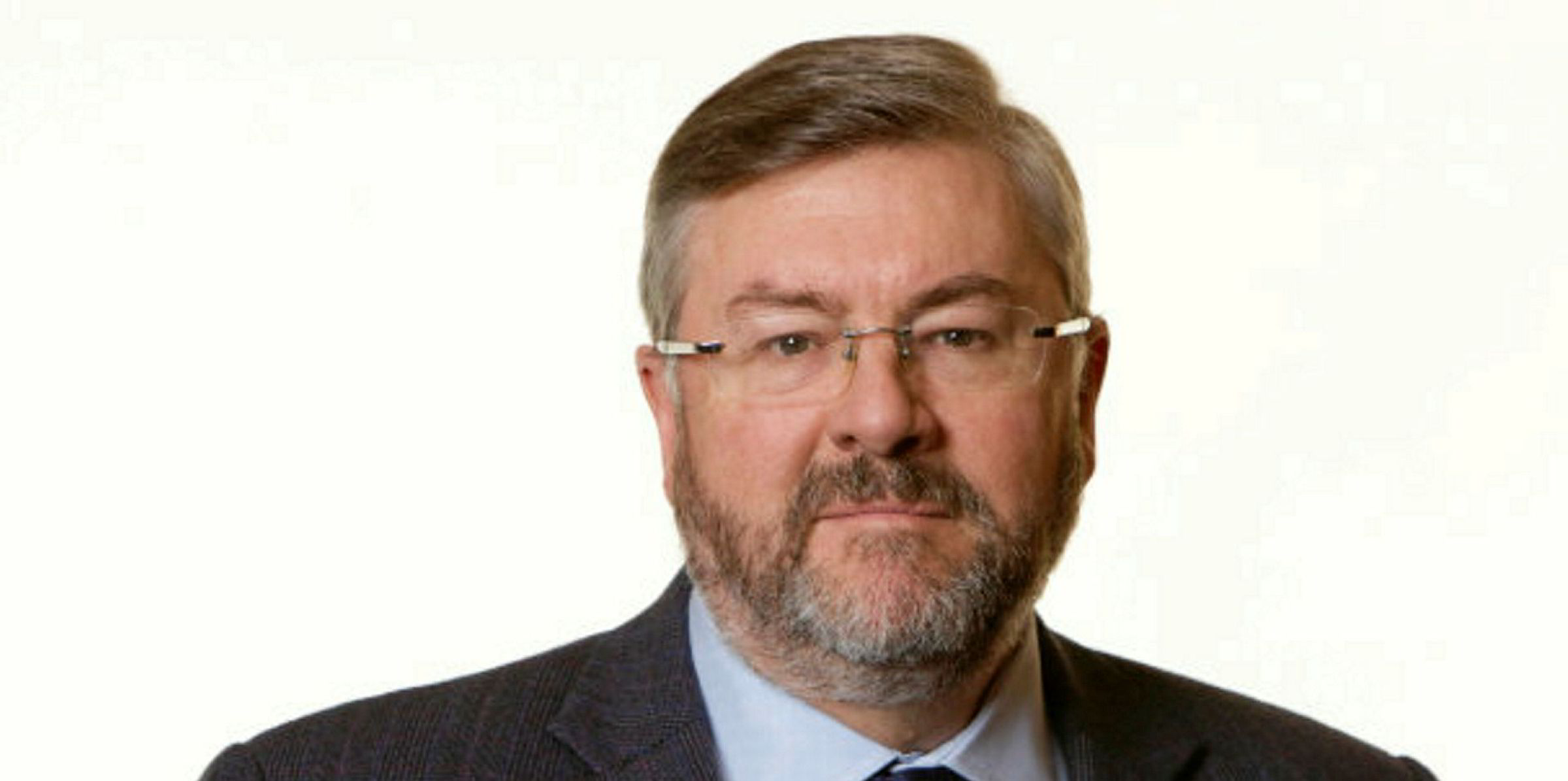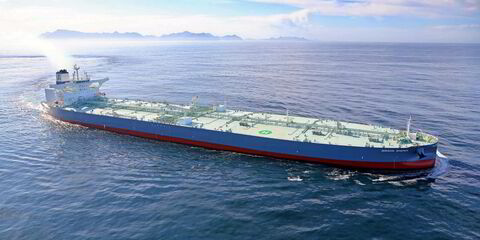UK shipbroker Clarksons is paying out more in bonuses for 2019 as executive remuneration packages rose.
After logging a 9.5% rise in underlying profit last year, the payout to staff has risen an average of 5.4%.
Chief executive Andi Case and finance and operations boss Jeff Woyda have again returned 30% of their bonuses to the group pool to reward other employees, its annual report said.
This equates to £1.02m ($1.25m) from Case and £260,000 from Woyda. They have done this for the past 10 years.
The company describes this as being in the best interest of shareholder value.
Case's basic pay was again £550,000, unchanged since 2010, and Woyda banked £350,000, unchanged since he also became chief operating officer in 2015.
Case's total remuneration for the year was up 9.7% at £3.027m, from £2.8m in 2018, while Woyda's total rose 6.9%.
Case's package stood at £3.3m if the long-term incentive plan rewards that vested this year are included. But these were awarded three years ago.
Clarksons has come under pressure from shareholders to change its remuneration policy and admits Case's and Woyda's legacy contracts — signed 14 years ago — differ from current norms for listed companies.
Contracts will not be changed
The company said: "Both Andi Case and Jeff Woyda have proven to be exceptional leaders for our company, and can be credited with developing and executing the strategy which has seen Clarksons develop into the industry leader that it is today."
The policy faces a key shareholder vote at the annual general meeting (AGM) on 6 May, which, for the first time, will be broadcast online due to coronavirus restrictions.
New hires will be subject to contracts adhering to the norm, it has said.
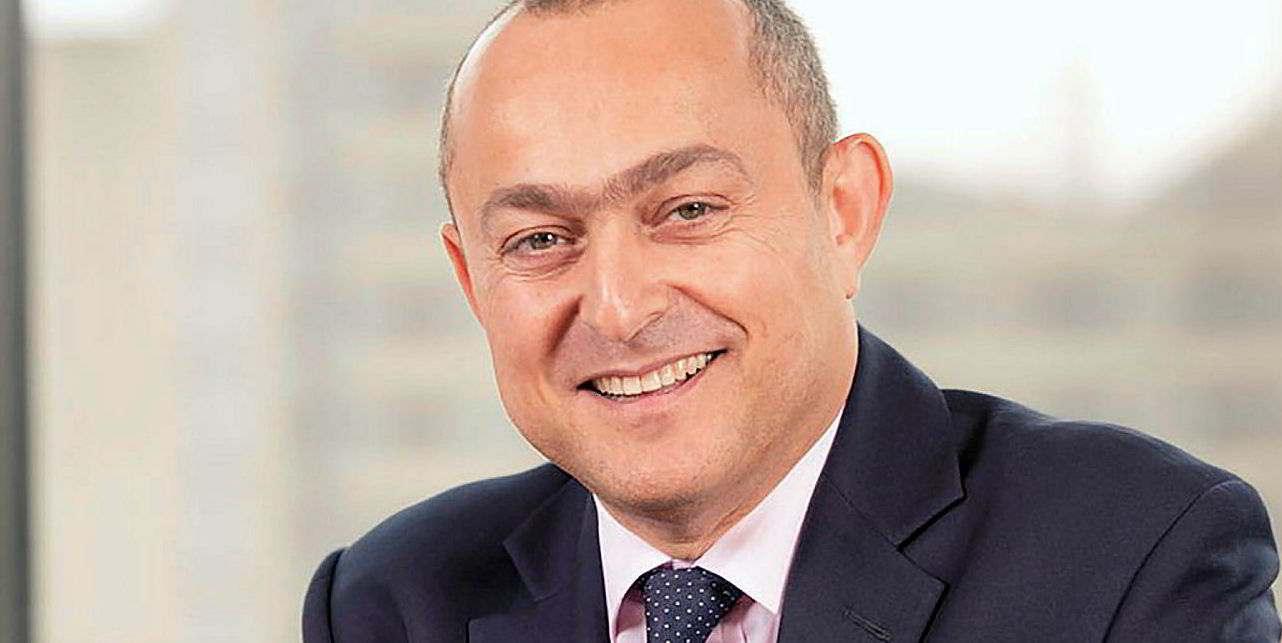
However, it added that attempts to break Case's and Woyda's contracts would "not only breach long-standing contractual arrangements but go against the principles and values on which Clarksons has been built, and therefore would send a very negative message to multiple stakeholders, particularly our employees and clients but also to our shareholders, if such changes negated covenants".
"The board cannot oblige Andi and Jeff to agree to changes to their contractual terms and does not believe that they should be penalised for dual roles which make a significant contribution to the company," Clarksons said.
In line with commission-based businesses
The outfit added that the pay arrangements across the group as a whole are in line with commission-based businesses, including other leading shipbrokers.
Case is still central to its work as a leading fee-earning shipbroker himself, while as chief executive he is responsible for its strategy and management.
Since he became CEO in 2008, the share price has risen from £3.20 to more than £31 before the collapses in the market caused by the coronavirus this year.
Board members have been meeting shareholders this year in a bid to head off any potential revolt over its pay policy.
Chairman Sir Bill Thomas said he considered the issue so important that he and remuneration committee chairman Tim Miller and director Peter Backhouse started a "major engagement process" with holders of 49% of its stock.
Only 51.49% of votes cast were in favour of the pay deals at last year's AGM, prompting the world’s largest shipbroker to review its policy.
However, there was almost unanimous support for the bosses' performance, with both Case and Woyda being re-elected thanks to backing from more than 99.6% of votes cast.
